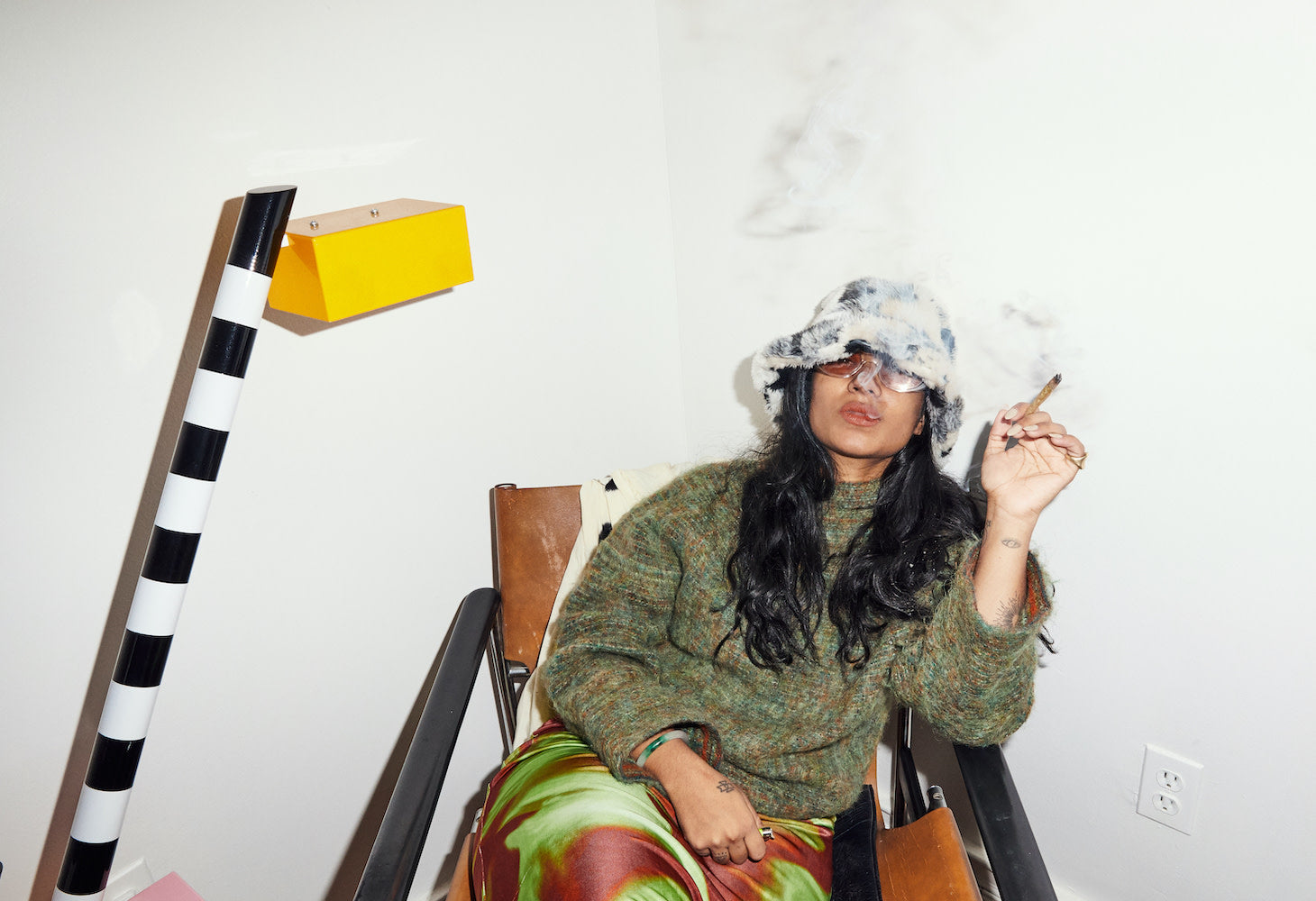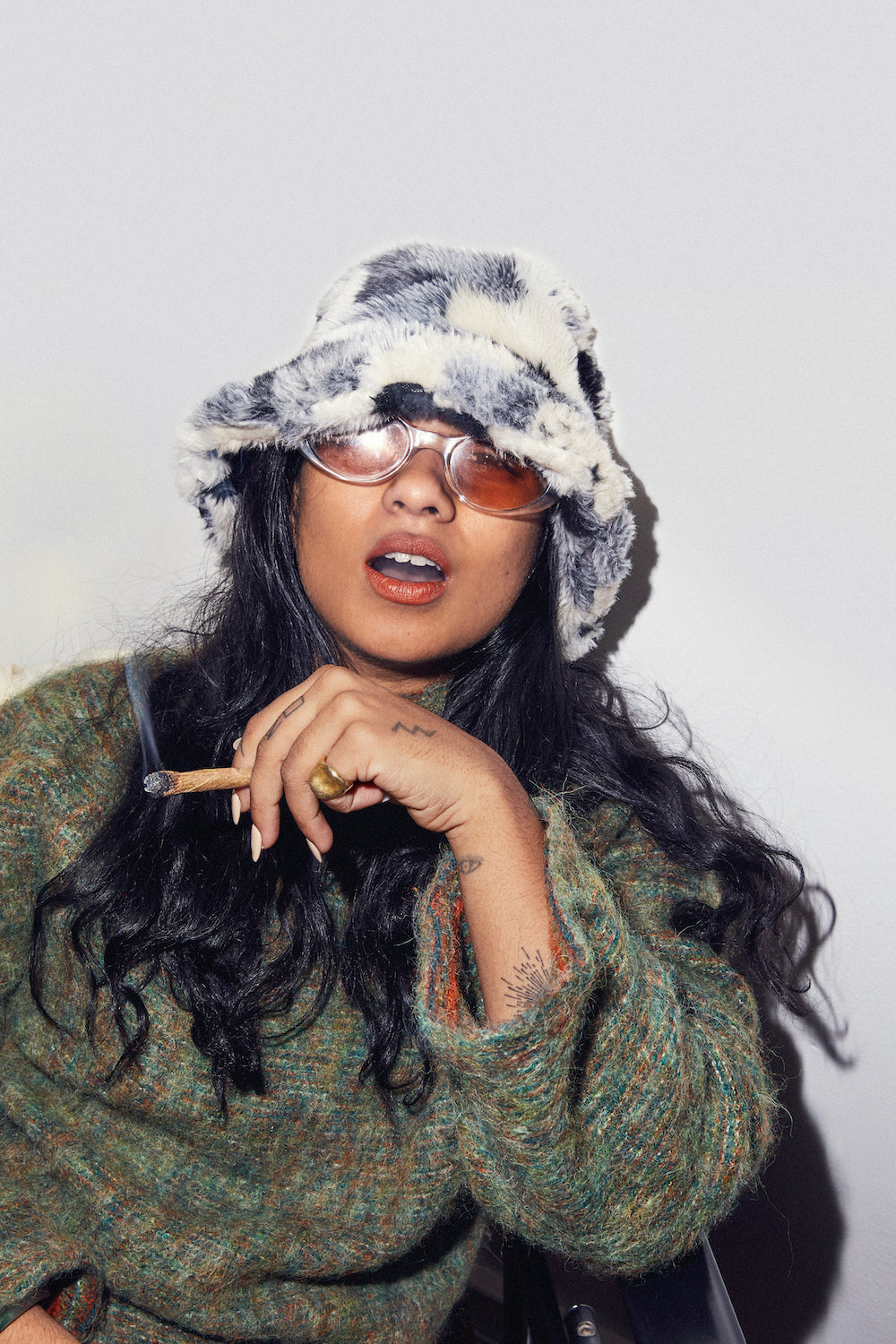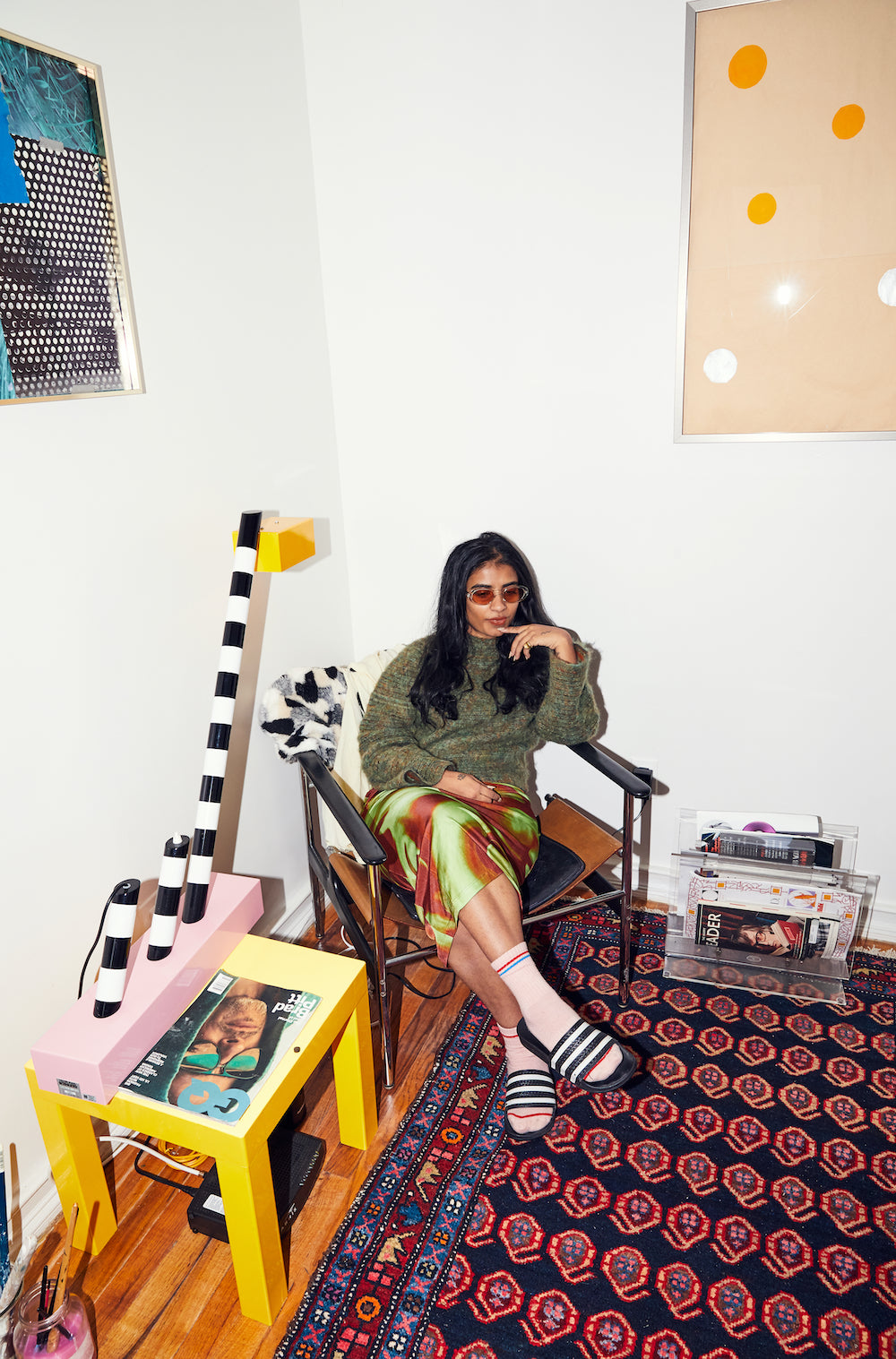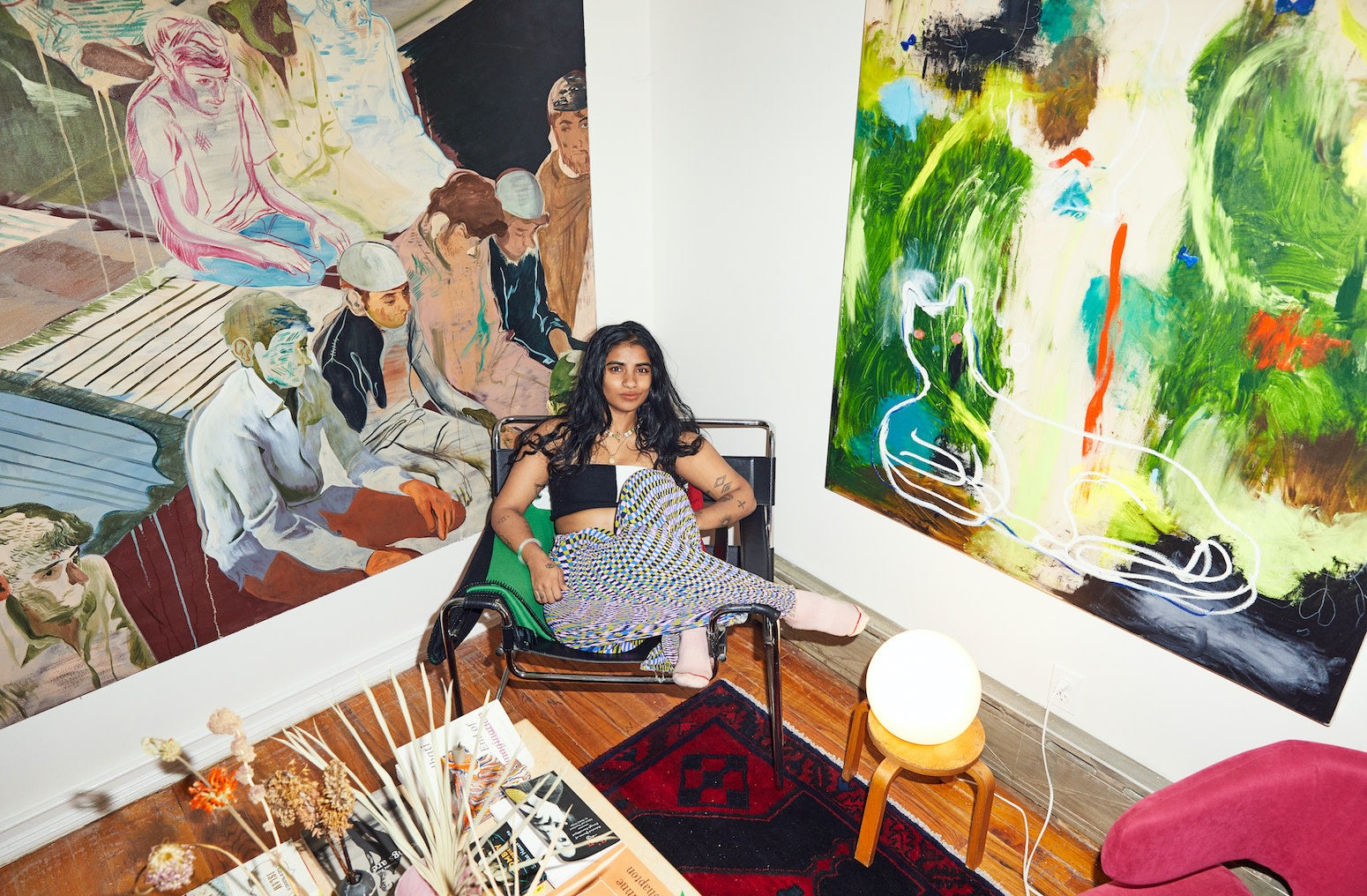
The poet and novelist on pleasure, plant medicine, and why perfection has no place in faith.
AS TOLD TO GOSSAMER
This Conversation appears in the newest print volume of Gossamer. Order your copy here.
I don’t really know where I’m from. It’s kind of interesting, because we live in such a global world. In America, I’ve seen this really strong sense of nationalism that I’ve not really ever seen anywhere else. I’m coming from Bangladeshi origins that are mixed, then being born in Canada, and raised in Australia. My mother still lives there. My father lives in Abu Dhabi. I now live in New York.
I started writing at a really young age. I don’t know why because I wasn’t particularly good at it. I wasn’t a star English or literature student. I was just always very fascinated by any kind of art form. I felt drawn to the life of an artist. It’s so funny how those things are just implanted into you and you don’t even know why.

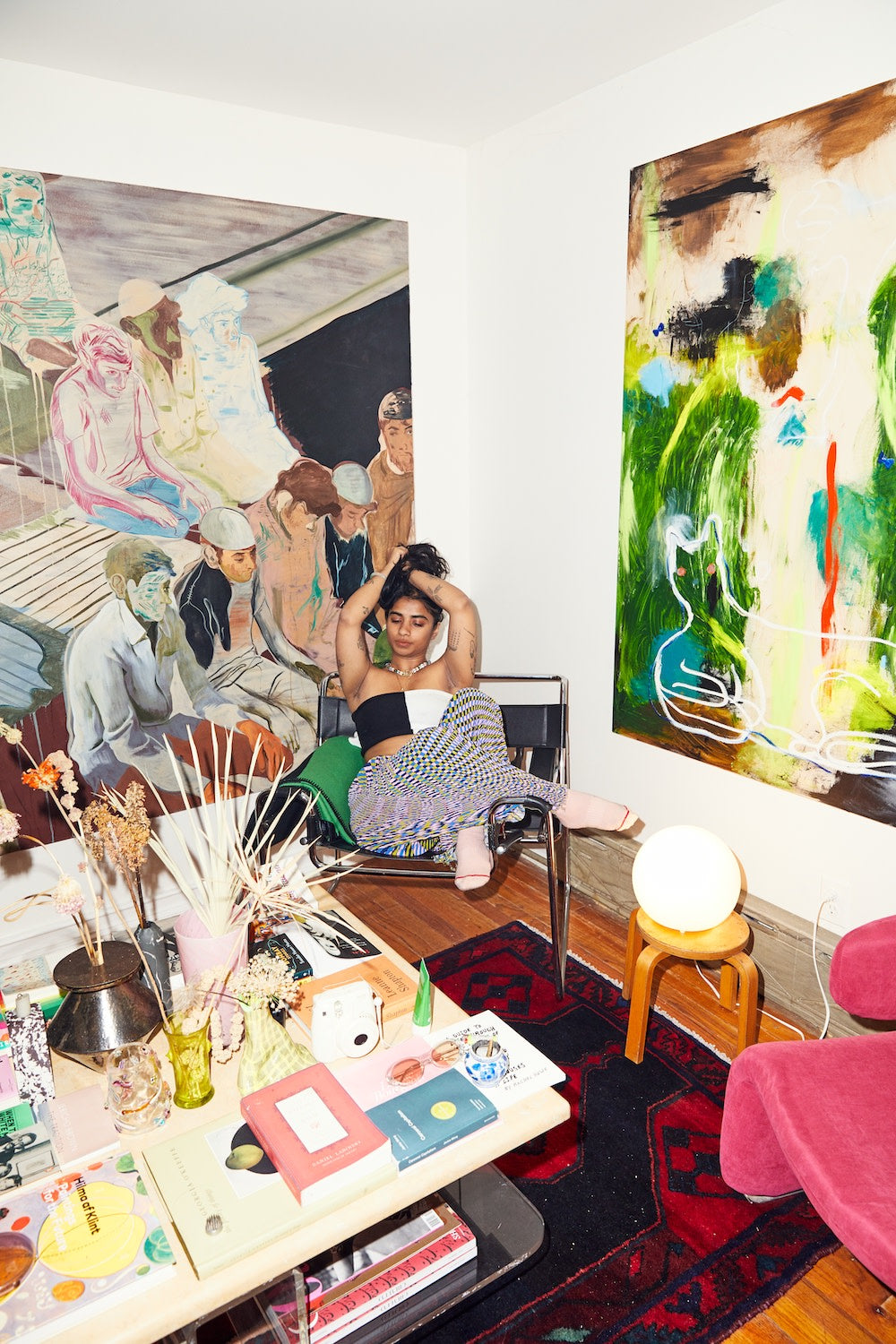
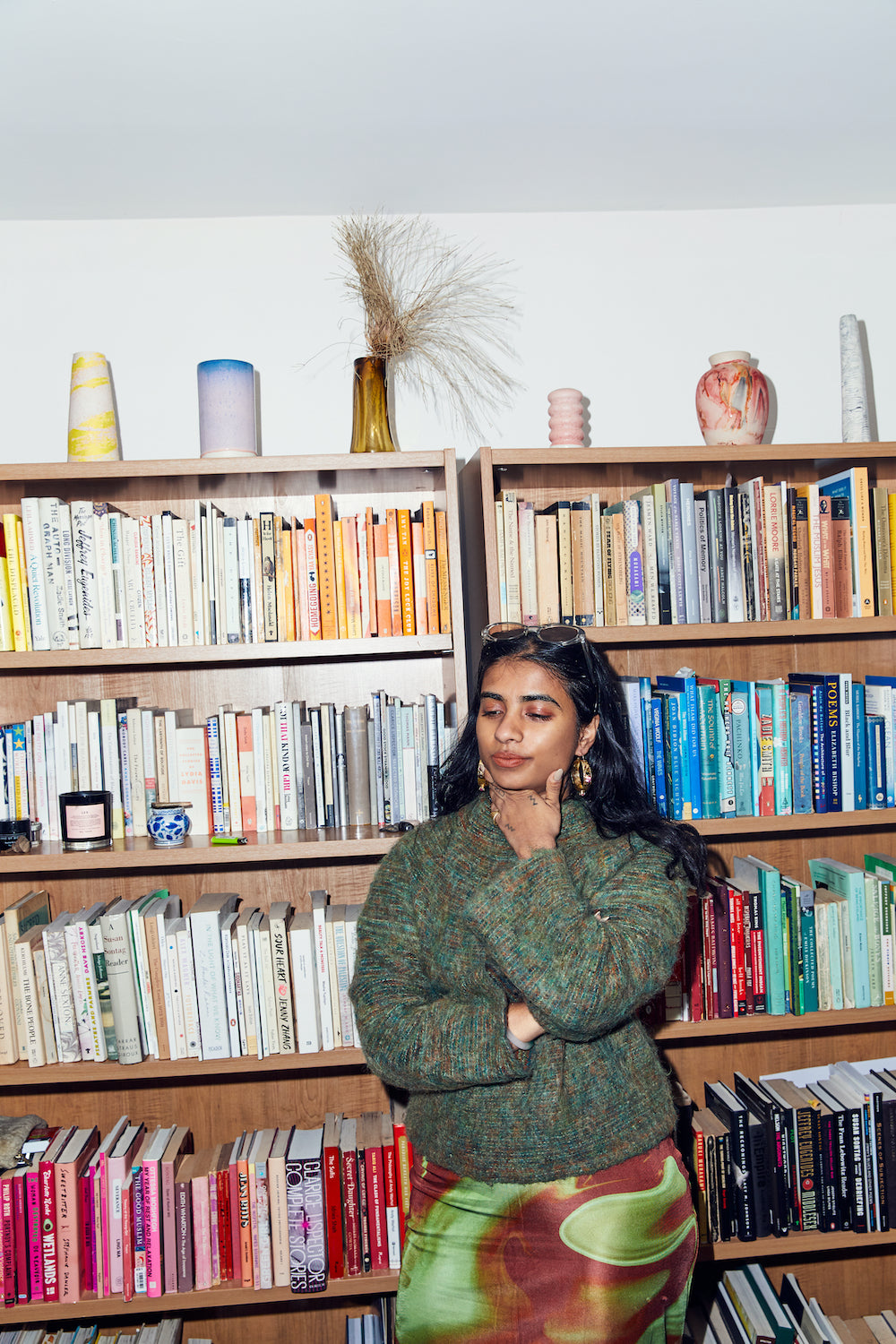
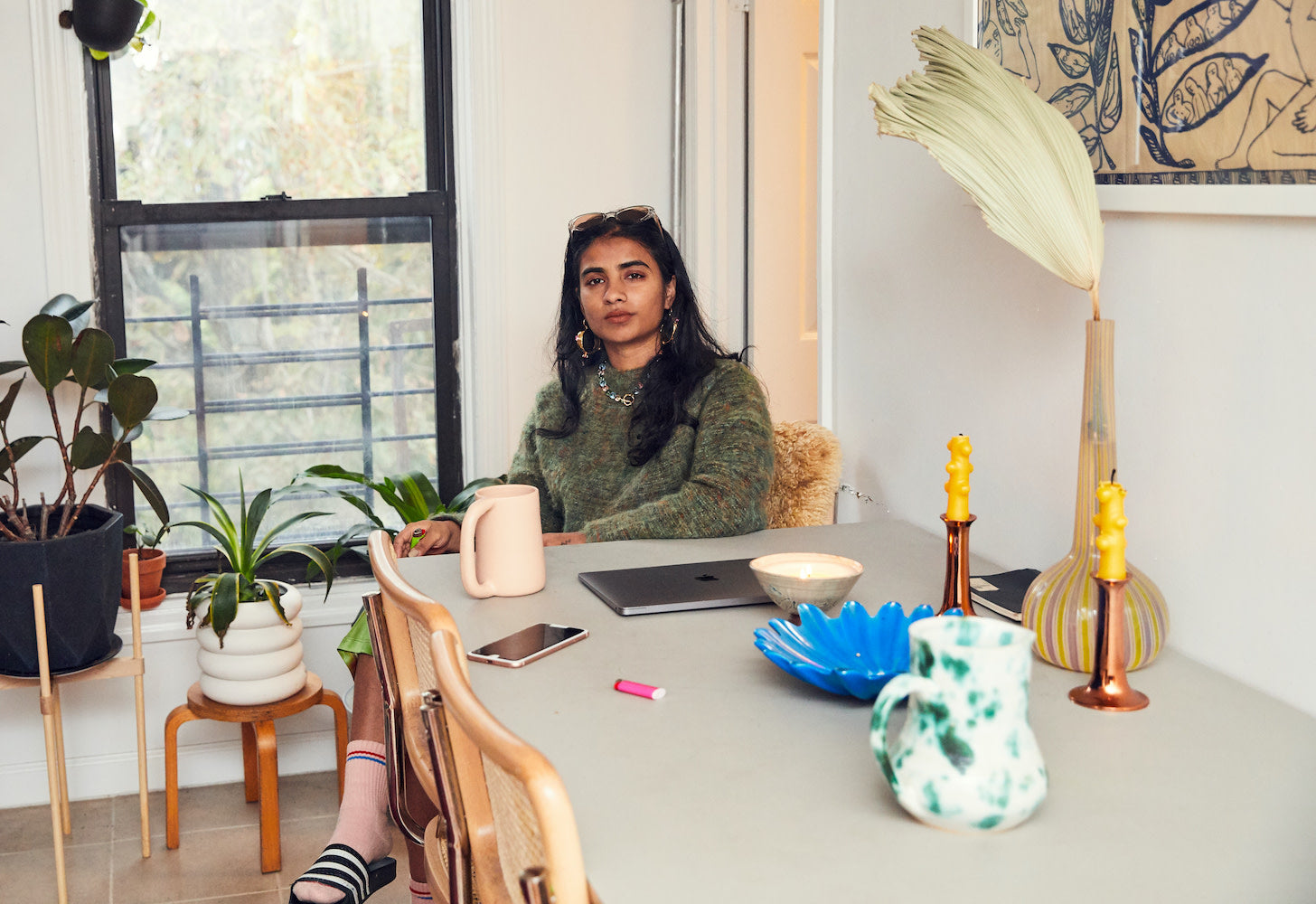
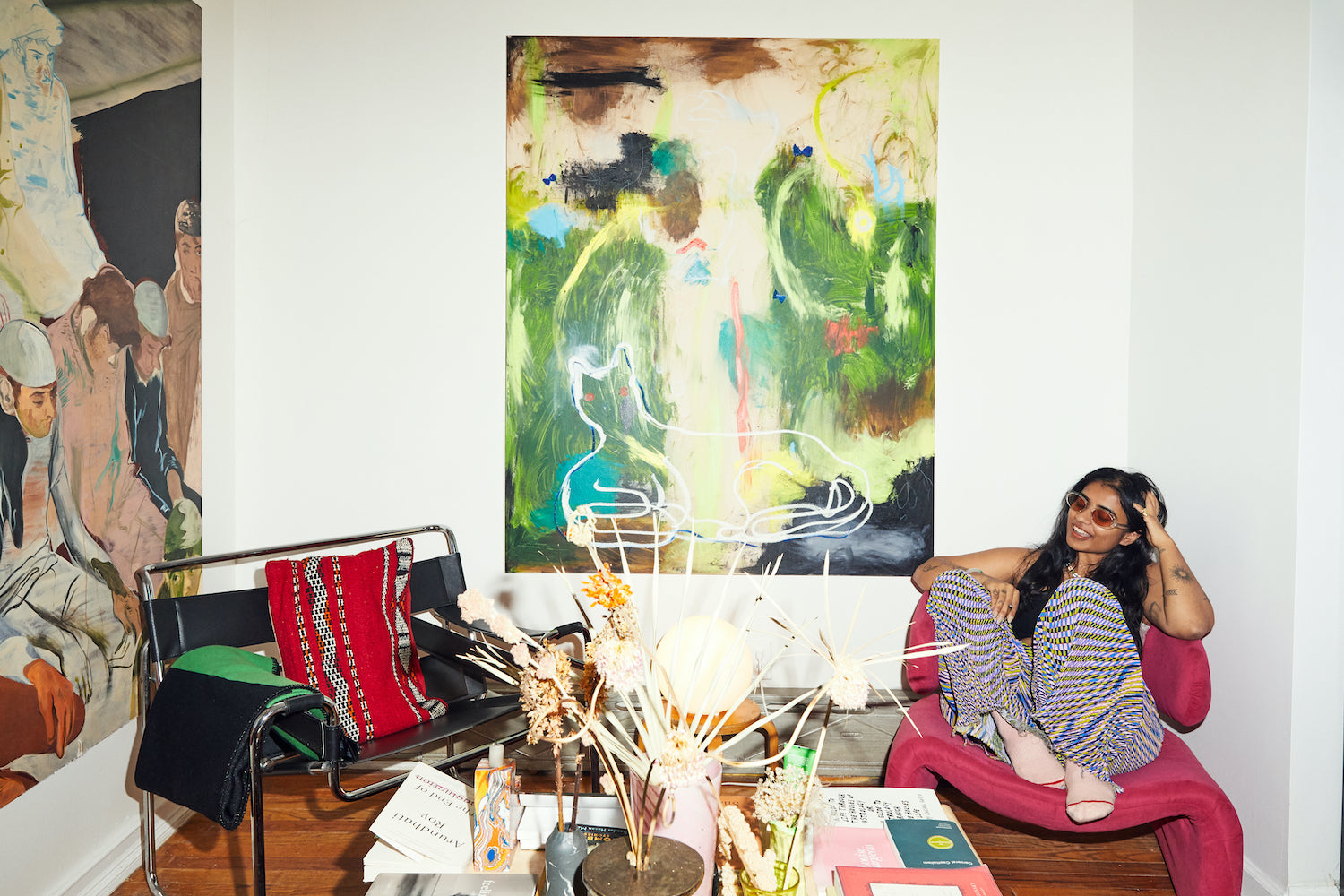
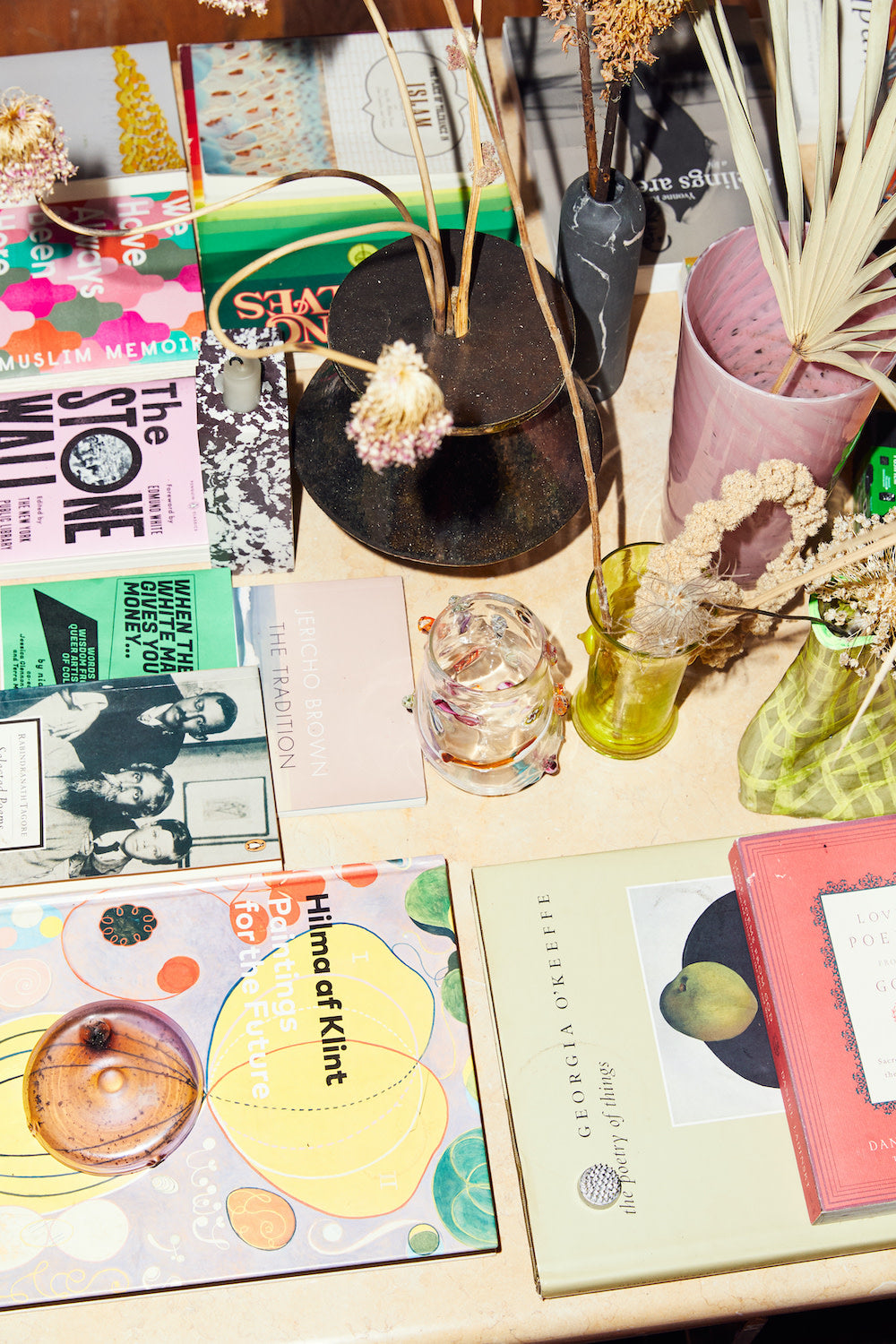
People should be able to have complicated relationships with what it means to be a person of faith.
